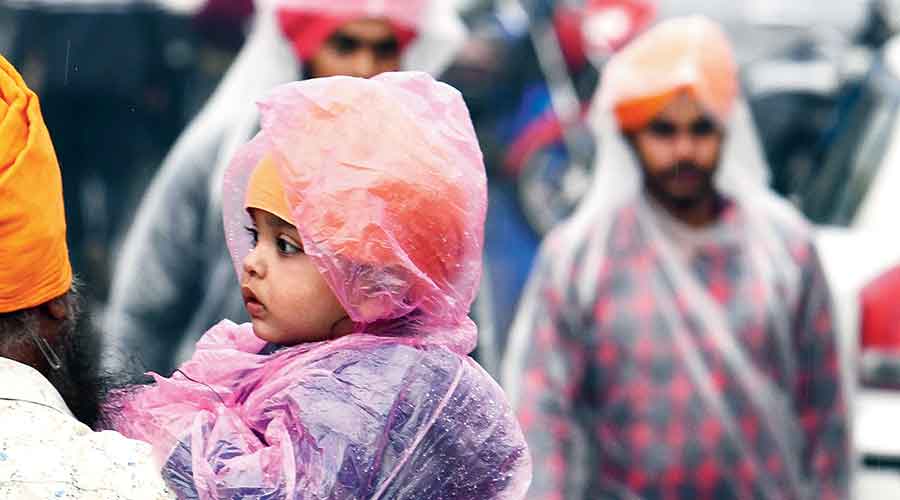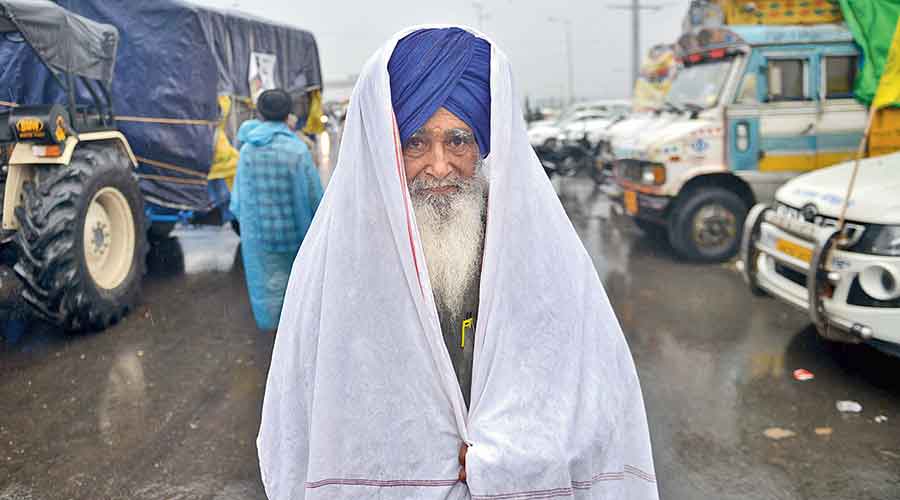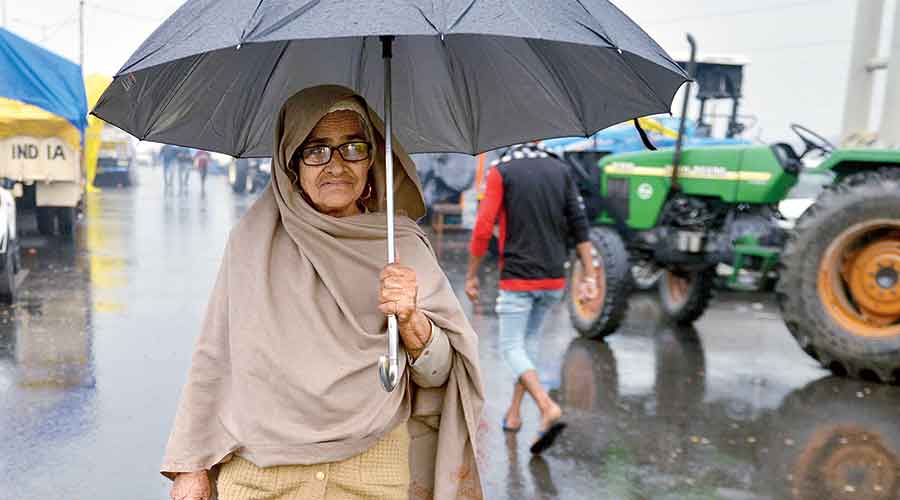A group of 35 present and former students of the Centre for Human Rights and Duties, Panjab University, on Monday wrote an open letter to Chief Justice of India S.A. Bobde, highlighting the condition of thousands of farmers protesting against the Centre’s new farm laws, braving water cannons, lathis and alleged police brutalities in the severe cold.
The letter, copies of which were marked to all the other judges of the Supreme Court, has made the following requests to the CJI:
- Direct an inquiry into Haryana police’s illegitimate use of water cannons, tear gas shells and lathis on farmers protesting peacefully;
- Direct Haryana and Delhi police to withdraw cases against innocent farmers that were registered out of political vendetta;
- Order to look into illegal detention of protesters;
- Direct the Centre and state governments to ensure safety of all protesters, and provide basic amenities for all, especially the women, children and elderly. Mobile toilet vans should be provided at protest sites;
- Issue appropriate guidelines, as the court may deem fit, on hygiene at the protest sites in the backdrop of Covid-19;
- Take action to curb fake news and restrain media channels from misrepresenting, polarising and sensationalising the issue.
Thousands of farmers are camping at Delhi’s borders with Haryana and Uttar Pradesh in protest against the Farmers’ Produce, Trade and Commerce (Promotion and Facilitation) Act, 2020, the Farmers (Empowerment and Protection) Agreement on Price Assurance and Farm Services Act, 2020, and the Essential Commodities (Amendment) Act, 2020.
The letter is likely to be taken up on January 8 along with a batch of petitions already pending with the top court on the issue of the farm laws.

A child at the protest site. Picture by Prem Singh

An elderly farmer braving rain. Picture by Prem Singh
While some of the petitioners had sought eviction of the farmers from Delhi’s borders on the ground that it was causing severe hardship to commuters, the other petitioners had sought quashing of the farm laws as being illegal.
The letter described the Centre as “deaf”, “indifferent” and “insensitive” towards the farmers’ plight. The farmers in India, who consider their land their “sacrosanct mother”, were feeling so “threatened” that they have no way out but to protest even amid a global pandemic, it added.
The farmers were forced to march to Delhi in November-end for their indefinite strike after holding protests for months in their respective states because the Centre did not heed their demand for repeal of the three laws, the letter said.
But in Delhi they “were thrashed and walloped” and “it seemed that raising their voice for Fundamental Rights as provided by the supreme law of the nation is a dreadful crime (which it is not)”, it added.
“The government and unconscientious, overly-biased media outlets are trying to polarise the whole peaceful movement by associating it with separatism,” the letter said.
Multiple photographs of the protesting farmers were attached to the letter.
“This is an open letter signed by human rights students, including research scholars, current batch as well as former students,” the signatories wrote, making a “humble request” to the Chief Justice of India for his “immediate intervention” and described it as “a hope of last resort”.










